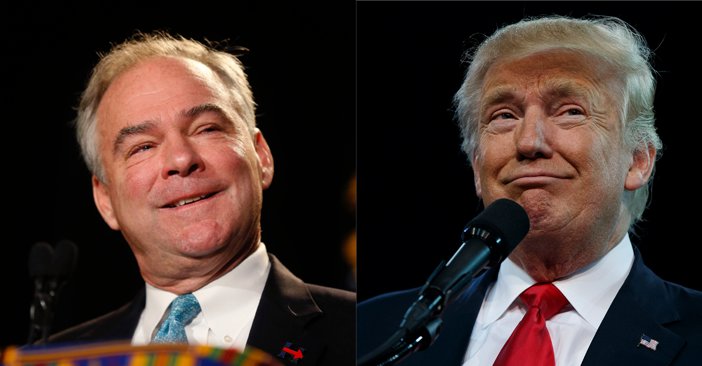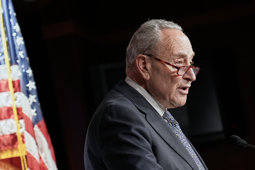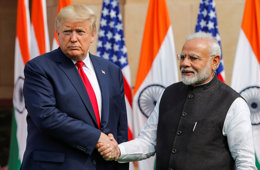
Senate Blocks Kaine’s Trump War Powers Resolution
Senate rejects Kaine’s war powers resolution to curb Trump’s authority, intensifying debate after Israel-Iran ceasefire.
Senate Votes Down Attempt to Rein in Trump’s War Authority
The U.S. Senate on Thursday voted to block a resolution from Senator Tim Kaine, D-Va., that sought to reaffirm Congress’s constitutional authority over declarations of war and place new checks on President Donald Trump’s ability to order military strikes, particularly against Iran. The party-line vote came just days after a U.S.-backed ceasefire ended hostilities between Israel and Iran following targeted strikes on Iranian nuclear facilities—actions carried out without explicit congressional approval.
Kaine’s resolution would have required Congress to debate and vote before the president could declare war or launch further strikes on Iran, arguing that the power to engage in hostilities is “too big to consign to the decisions of any one person.” Kaine invoked the experience of the rush to approve war powers for President George W. Bush in the early 2000s as a cautionary tale, urging lawmakers to ensure that “the country does not again get into another unnecessary war.”
Support for the measure came mainly from Senate Democrats, but the vote saw cross-party input, with Sen. John Fetterman, D-Pa., a vocal supporter of Israel, and Sen. Rand Paul, R-Ky., who has long pressed for congressional oversight on war powers, backing the resolution. Most Senate Republicans, however, argued that President Trump was acting within his authority as commander in chief, especially under urgent circumstances threatening national security.
Ongoing Tensions Over Executive and Legislative War Powers
The debate centered on whether Trump’s decision to authorize Operation Midnight Hammer—strikes against Iran’s nuclear program—constituted an act of war requiring congressional consent, or if it fell under executive prerogatives granted by the Constitution. Legal experts and lawmakers alike have noted that the Constitution splits war powers between Congress, which declares war, and the president, who directs the military as commander in chief. The 1973 War Powers Resolution further defined these roles, attempting to limit the president’s ability to engage in prolonged conflicts without legislative input.
Senate Appropriations Subcommittee on Defense Chair Mitch McConnell, R-Ky., countered Kaine’s resolution by pointing to precedent: “Democratic presidents over the last three decades have used their authority for limited engagements in Kosovo, Libya, Syria, and Yemen.” He questioned why critics viewed Trump’s actions as overreach, suggesting the strike on Iran’s nuclear program was a strategic necessity.
McConnell also highlighted the limited leverage Congress ultimately wields in such situations, namely through control of defense funding. “I have not heard the frequent flyers on War Powers resolutions reckon seriously with these questions. Until they do, efforts like this will remain divorced from both strategic and constitutional reality,” he asserted.
The failed resolution leaves the current balance of war powers intact, with the debate over congressional oversight and executive action likely to intensify as global tensions persist. As recent events in the Middle East have demonstrated, the question of who authorizes military force remains one of the most consequential—and contentious—issues on Capitol Hill.






